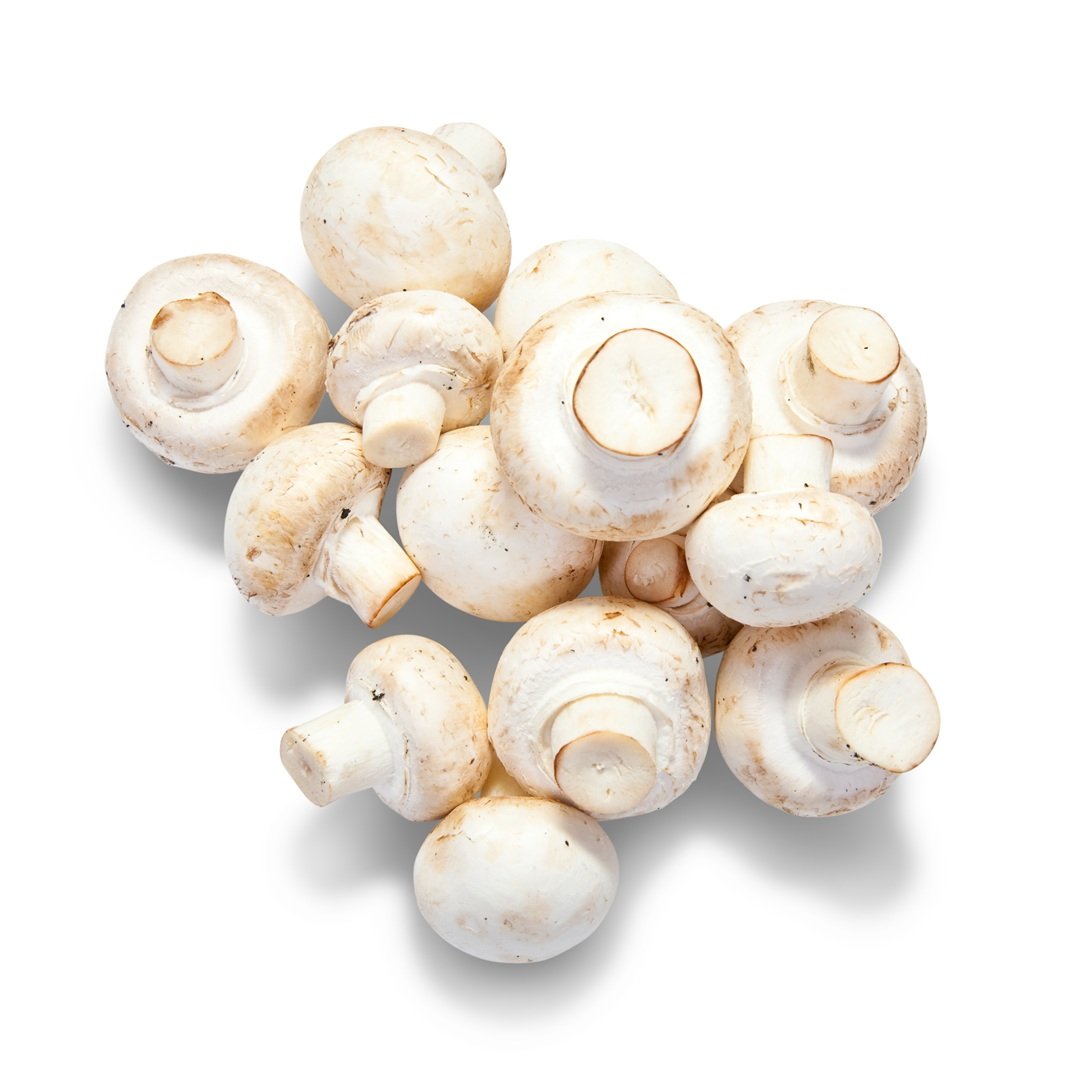Mushroom Health Benefits and Side Effects
Mushrooms have fascinated humankind for centuries—not just for their taste but also for their health-promoting properties. Interestingly, mushrooms are also mentioned in religious texts. In Islamic tradition, they are believed to be part of the divine provision known as Mann-o-Salwa, sent by Allah to the people of Bani Israel. Despite this divine blessing, those people showed ingratitude, and the blessings were withdrawn. This ancient narrative serves as a spiritual reminder, but what does modern science say about mushrooms? Let’s dive into the mushroom health benefits and side effects, and explore why they are regarded as one of nature’s most valuable gifts.
Table of Contents
A Divine Origin: Mushrooms in Religious Context
In Islamic theology, Mann-o-Salwa was a miraculous food sent down from the heavens. Some scholars believe that mushrooms were part of this divine provision. The people who received it did not value it and asked for ordinary vegetables like cucumbers, garlic, and onions instead. As a result, they lost this heavenly blessing. This story isn’t just about food but reflects human nature and ingratitude. It also hints at the high value mushrooms had in ancient times, long before modern science confirmed their health benefits.
What Are Mushrooms?
Mushrooms are a type of fungus, typically consisting of a stem (stipe), a cap (pileus), and gills underneath the cap where spores are produced. They grow in various environments—forest floors, tree trunks, and even compost piles. Some look like umbrellas, others resemble onions or fibrous roots. While some mushrooms are safe and edible, others are toxic and can be fatal if consumed. This makes proper identification essential before consumption.
Mushroom Health Benefits and Side Effects
1. Mushroom Health Benefits
✅ High Nutritional Value
Mushrooms are low in calories and fat, yet rich in important nutrients like:
B-vitamins (especially B2 and B3)
Selenium
Potassium
Iron
Copper
Fiber
They also contain antioxidants such as ergothioneine and glutathione, which help combat oxidative stress and inflammation.
✅ Rich in Vitamin D
Mushrooms naturally produce vitamin D when exposed to sunlight, though the quantity is small. By drying them under sunlight or using UV light, their vitamin D content can be significantly increased. This makes them a rare plant-based source of vitamin D, important for bone health and immunity.

✅ Excellent Meat Substitute
Mushrooms have a meaty texture and umami flavor, making them an ideal substitute for meat, especially for those who cannot consume animal products due to health issues like:
Cancer
High uric acid
Kidney problems
Gout
Fibroids
For example, dialysis patients who must avoid protein-heavy meat can enjoy mushrooms without sacrificing taste.
✅ Promotes Digestive Health
Due to their high fiber content, mushrooms help improve digestion and regulate bowel movements. This makes them beneficial for people with constipation, hemorrhoids, or acidity.
✅ Supports Eye Health
In some traditional remedies, water droplets from fresh mushrooms collected in the early morning dew are used to treat eye diseases such as cataracts and glaucoma. Though not scientifically validated, such remedies have been practiced in many cultures for centuries.
✅ Boosts Brain and Spine Health
Some studies and traditional medicine suggest mushrooms enhance brain function and support the spinal cord due to their nutrient content. This makes them helpful in improving memory, focus, and nerve function.
✅ Used in Traditional Medicine
In many ancient systems of medicine, including Unani and Ayurveda, mushrooms are used to prepare ointments for conditions like hemorrhoids or to create healing oils (tila) for joint pain and other issues. Even toxic mushrooms are sometimes used in small, processed forms for medicinal purposes.
2. Mushroom Side Effects
While mushrooms offer several health benefits, they can also pose risks if not handled properly.

❌ Toxicity
Not all mushrooms are safe to eat. Wild mushrooms can be toxic or even deadly. Ingesting the wrong kind could lead to nausea, vomiting, liver damage, or death. Always purchase mushrooms from reliable sources and never consume those found in the wild unless you’re an expert.
❌ Allergic Reactions
Some individuals may be allergic to mushrooms. Reactions can range from mild skin irritation to severe breathing difficulties. If you’re trying mushrooms for the first time, consume a small amount and monitor your body’s reaction.
❌ Digestive Issues
Due to their high fiber content, eating too many mushrooms can lead to bloating or stomach upset, especially for those with sensitive digestive systems.
❌ Drug Interactions
Mushrooms, particularly medicinal varieties like reishi or shiitake, may interact with certain medications like blood thinners. If you’re on medication, consult your doctor before consuming mushroom-based supplements.
Enhancing Mushroom Health Benefits Through Cultivation
The health benefits of mushrooms can be enhanced through proper cultivation. For instance:
Adding deodar wood dust (from Kashmir) during mushroom cultivation is said to give mushrooms a chicken-like flavor and improve their nutritional profile.
Mixing herbal powders like fenugreek seeds, turnip, or ajwain (carom seeds) into the compost can enrich mushrooms with extra vitamins like Vitamin D3.
Adding harmal seeds (wild rue) may increase the mushroom’s heating properties (useful in traditional medicine).
Mushrooms can be cultivated in various ways to match different temperaments and body types, a practice common in Unani medicine.
Such innovations allow cultivators to produce mushrooms tailored for specific health needs, blending biotechnology and ancient herbal knowledge.
Mushroom in Global Cuisine
Far from being just a health food, mushrooms are a gourmet ingredient used across the globe:
In Italian dishes like pasta and pizza
In Chinese fried rice, alongside or instead of eggs
In French soups and sauces
In luxury hotels, where they’re served in appetizers and main courses
Despite the exotic reputation, mushrooms are accessible and affordable. In many rural areas of India or other parts of Asia, mushrooms are sold at low prices by local growers.
Conclusion
Mushrooms are truly a divine gift—nutrient-rich, delicious, and medicinal. They combine religious reverence with scientific credibility. However, the key to reaping mushroom health benefits is caution and knowledge. Understanding their types, proper identification, and safe usage is essential. From improving immunity and digestion to being a meat substitute for patients, the mushroom health benefits and side effects should not be overlooked.
As modern science continues to unlock more of their secrets, mushrooms remain a bridge between ancient wisdom and modern wellness. Whether you’re using them in your kitchen, treating a medical condition, or exploring spiritual connections, mushrooms offer far more than meets the eye.
So, I believe I’ve given you all the information. I hope you gain some information’s. If you did, don’t forget to like and share it. Stay tuned to our webpage for regular updates and insights.
Experience the power, feel the comfort, and embrace the evolution for the most recent Tech, Finance news and reviews, Health tips and many more follow themdakbar Blogs. See you in the next article. Until then, goodbye!


